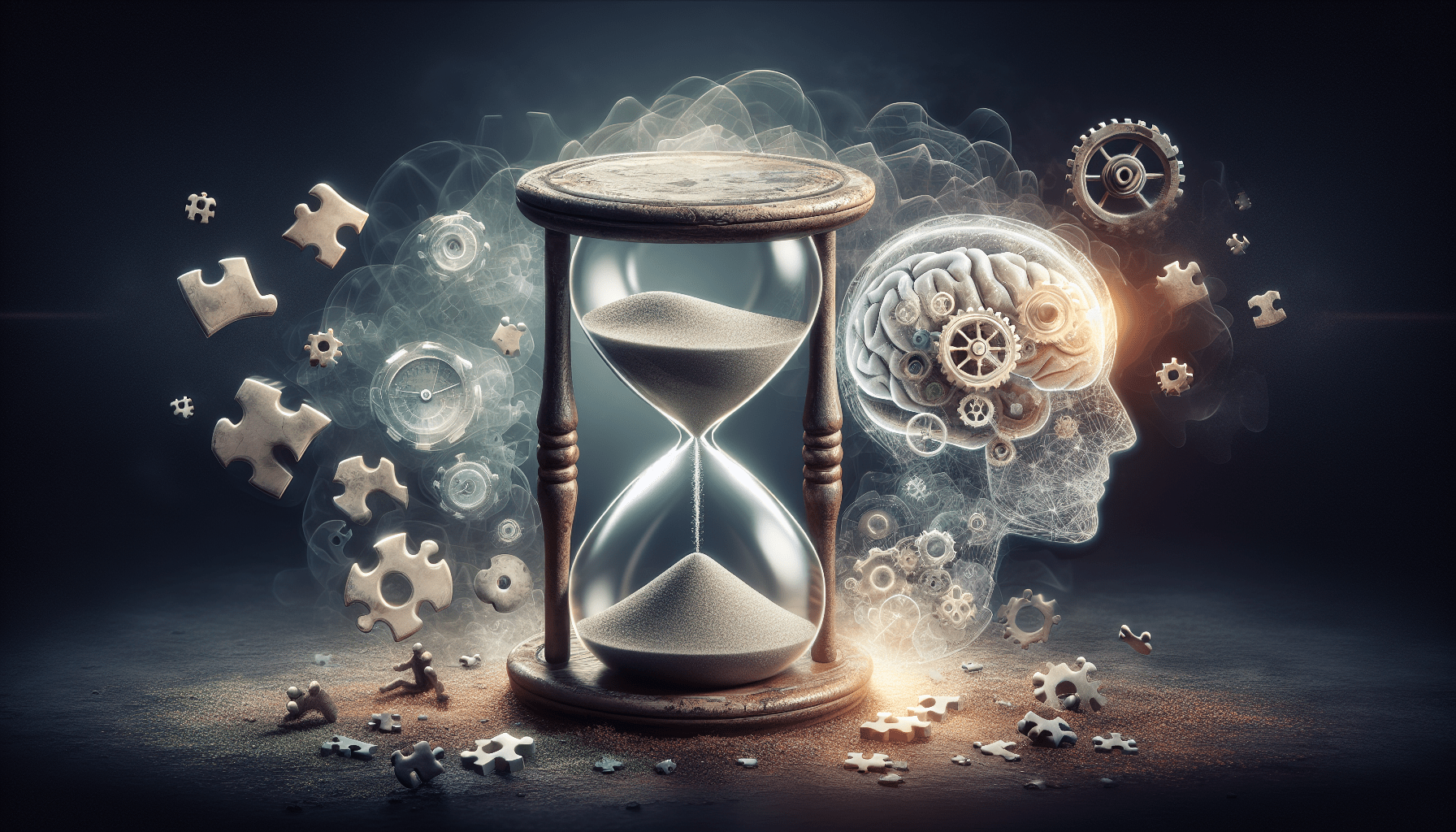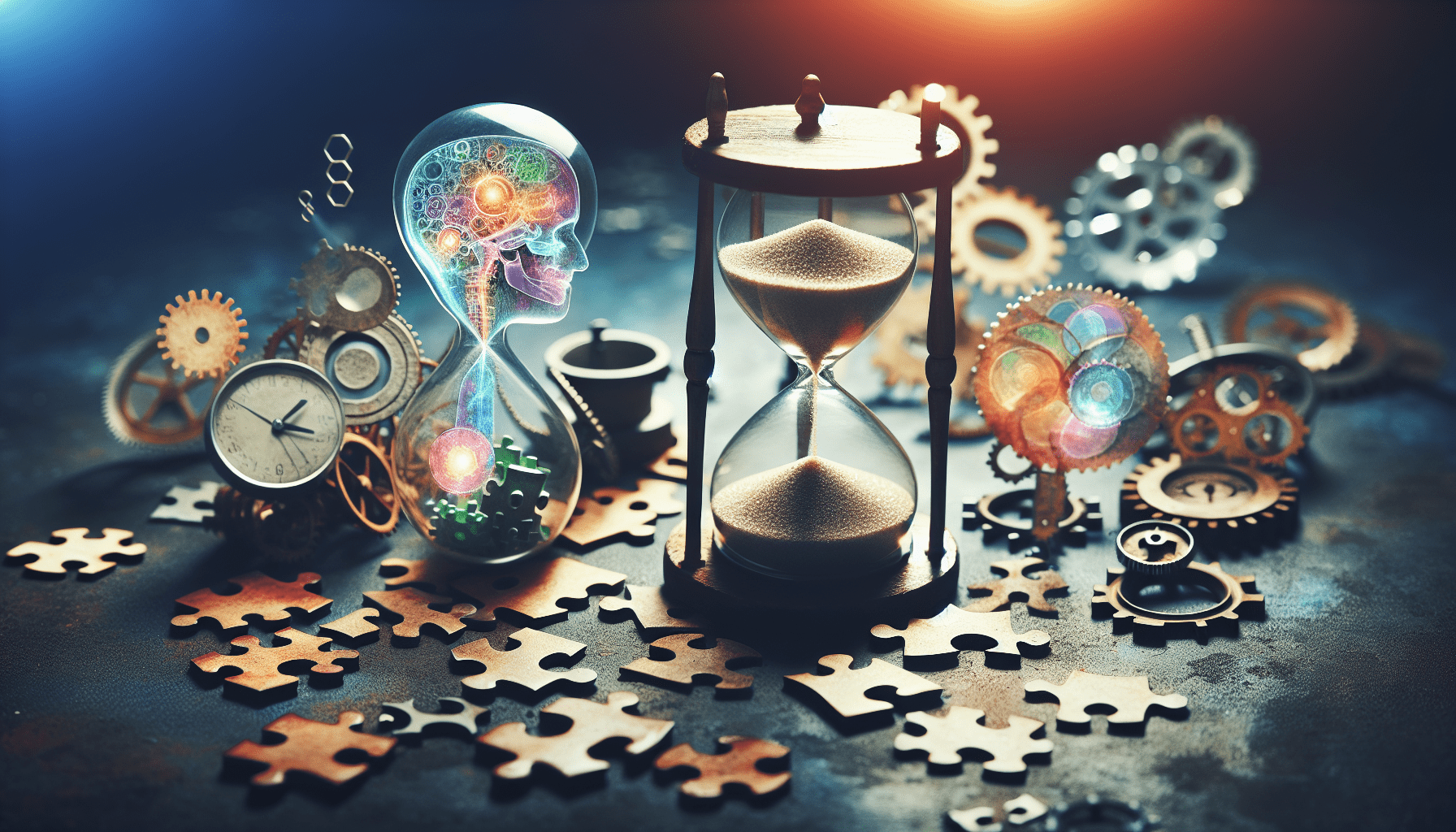Do you find yourself more easily distracted as you get older? It's not uncommon for your concentration to wane as natural memory changes occur with aging. Age-related memory problems often impact not just memory itself but can also affect your attentiveness and concentration levels.
Understanding Age-Related Memory Problems
As you get older, experiencing some changes in memory is normal. These changes can vary among individuals, but certain patterns are common. The development of these memory issues is often associated with biological changes that occur in the brain as part of the normal aging process. Although these changes are generally subtle, they can become noticeable enough to affect your daily activities.
Types of Memory Affected
Memory is not a single cognitive function but a complex system with different components:
- Short-term Memory: This involves the temporary holding and processing of information.
- Long-term Memory: Storage and retrieval of information over longer periods.
- Working Memory: A form of short-term memory that involves the manipulation of information.
Each of these memory types can be affected differently by the aging process, potentially influencing your attention and concentration.
How Age-Related Memory Problems Affect Attention
Age-related memory problems don't just affect your ability to remember. They play a significant role in diminishing your ability to focus and maintain attention. This is because memory and attention are deeply interconnected cognitive processes.
The Link Between Memory and Attention
Memory and attention rely on similar cognitive pathways in your brain. Attention acts as a gatekeeper for your memory, determining what information is needed and what can be discarded. When memory is compromised, this gatekeeping function may also suffer.
- Selective Attention: The ability to focus on specific information while ignoring distractions.
- Sustained Attention: The capacity to maintain focus over a period of time.
Age-related memory issues can affect both these types of attention, making it harder to concentrate.
Cognitive Load and Distractions
As your memory processing speed decreases, your cognitive load—the amount of mental effort you're using at any given time—can increase. This makes it more difficult to filter out distractions, leading to problems with concentration.
Consider this: if remembering simple tasks requires more effort, then maintaining focus on complex activities will likely become even more daunting.

The Impact of Memory Problems on Concentration
Concentration is a byproduct of effective memory and attention working in tandem. When these processes are compromised, maintaining concentration becomes challenging.
Divided Attention and Multitasking
Dividing your attention between tasks is an ability known as multitasking. As memory declines, so does multitasking performance, as your brain struggles to switch focus between tasks effectively.
- Task-switching: Moving focus from one task to another.
- Concurrent Processing: Performing more than one task simultaneously.
Research indicates that older adults tend to struggle more with multitasking compared to younger individuals, predominantly owing to memory-related challenges.
The Role of Emotional and Social Factors
Psychological well-being strongly influences both memory and concentration. Stress, anxiety, and social isolation—common challenges as you age—can exacerbate memory problems, further impacting concentration.

Strategies to Alleviate Memory and Concentration Issues
While age-related memory problems are natural, several strategies can help manage and potentially mitigate their effects on attention and concentration.
Cognitive Training and Exercises
Cognitive exercises are designed to improve specific brain functions and have been shown to be beneficial:
- Memory Drills: Activities like puzzles and memory games can bolster short-term and long-term memory.
- Attention Training: Exercises that improve focus, such as mindfulness and meditation, can enhance sustained attention.
Lifestyle Changes
Adopting a healthier lifestyle can also contribute significantly to cognitive health:
- Physical Activity: Regular exercise has been linked to improved cognitive functions.
- Balanced Diet: Nutrient-rich foods can help maintain brain health.
- Adequate Sleep: Quality sleep is essential for both memory consolidation and sustaining concentration.
Social Engagement
Engaging in social activities can help keep your mind active and fend off the effects of memory decline. Social interactions encourage your brain to stay alert and process new information continually.

Medical Interventions
In some cases, medical interventions might be necessary. Over-the-counter aids or treatments prescribed by healthcare professionals can be helpful.
Pharmaceutical Aids
Several medications can help manage the symptoms of cognitive decline. These are often centered around:
- Cognitive Enhancers: Drugs that aim to improve mental functions.
- Supplements: Such as Omega-3 fatty acids, known to support brain health.
Consultation with Healthcare Professionals
If you notice significant changes in your memory and concentration, consulting a medical professional can provide insight into the issue and help formulate an appropriate response.

Conclusion
As you age, minor memory issues are common and can affect your ability to concentrate and stay focused. Understanding the link between memory, attention, and concentration is crucial in managing these changes effectively. Employing cognitive exercises, lifestyle changes, and social engagement can significantly enhance your cognitive health. Furthermore, seeking professional advice provides a pathway to personalized intervention strategies. Remember, while age-related memory problems can pose challenges to attention and concentration, various strategies are available to mitigate their impact and maintain a fulfilling, engaged lifestyle.

